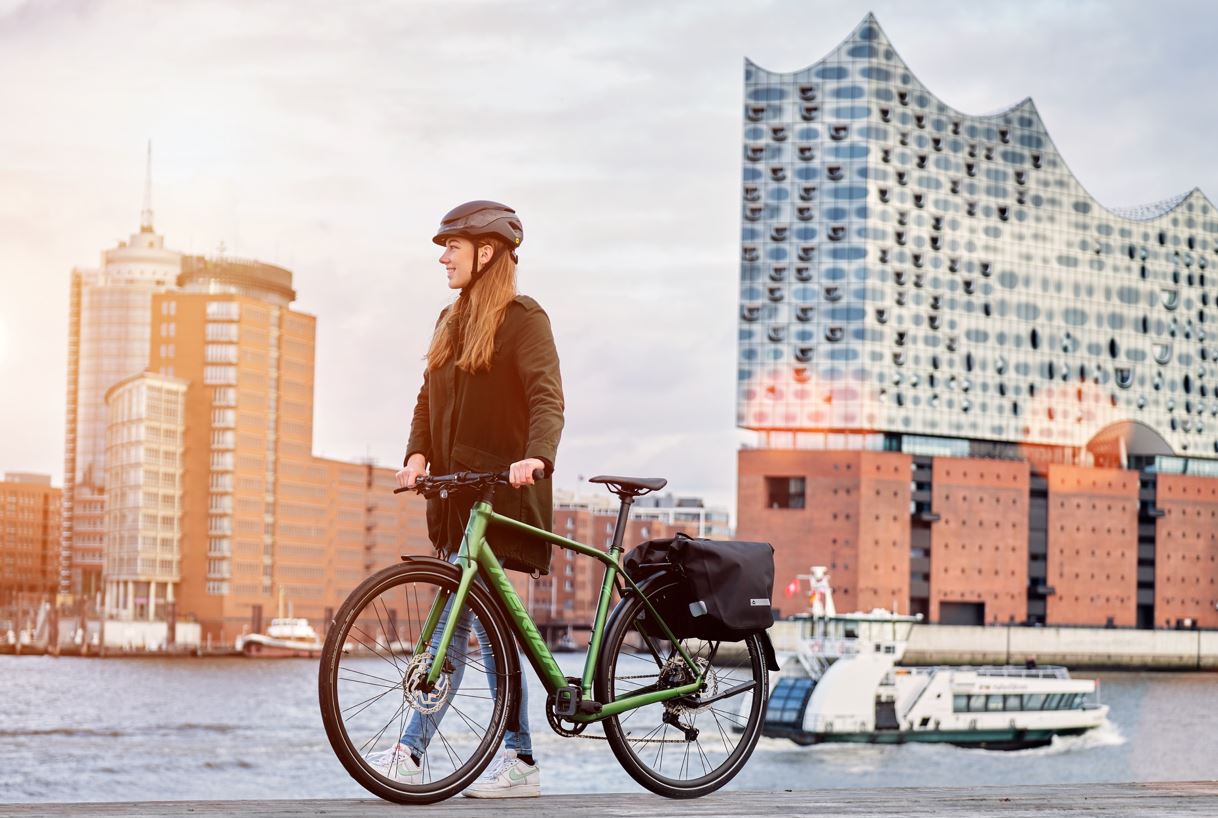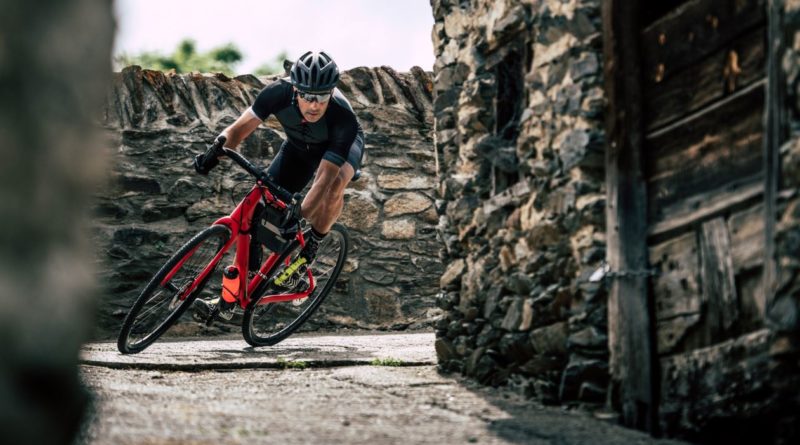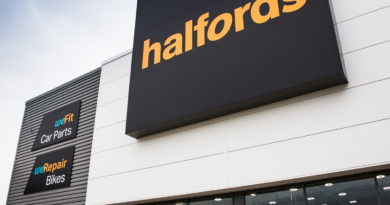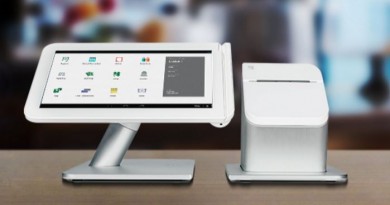Merida UK boss: “We’re in another phase of the bike industry appearing sexy”
One of the bike industry’s largest bike brands and manufacturers, Merida has face a unique set of challenges and adapted accordingly to keep its supply focused and steady in the face of unprecedented demand. UK Managing Director Chris Carter discusses the bike industry’s sudden appeal to investors and consumers…
How’s business for Merida UK and what’s been the focal point of your work through the past 18 months?
Business was amazing in 2020 as it was for most distributors and retailers, the only constraint was stock availability during the height of the pandemic. We doubled turnover, and cemented relationships with dealers who perhaps hadn’t valued us before the pandemic. Trying to support dealers was the main priority, we stopped opening new accounts in May 2020 so we could support the ones that had supported us. We spent time explaining what we knew of the supply chain woes, briefing the sales team weekly so they could communicate with dealers and hosting teams calls to try to give dealers a view from the horse’s mouth.
Many processes evolved over the pandemic as we went from an in stock position to pre-selling. The back-order process became known as “the queue” and developed a life of its own and extends way into the future. We can only give dealers availability dates when bikes are in a container, so we developed a way to advise customers what they had coming at a container level. Dealers were contacted ahead of stock arriving and could choose to take the stock, delay it or cancel it. The aim was to help everyone balance their needs, their cashflow and storage.
What’s Merida’s view on the bike retail marketplace’s health at present and what has the brand offered by way of support for accounts stressed by the current trading conditions?
In 2019, the market was pretty bad, my prediction was 2020 would see a thinning out of dealers, brands, distributors as there was no money being made and no cash. By mid-2020, the view was, this is the shot in the arm the industry needed, stock was cleansed, margins maintained, cash generated. By late 2020, supply issues began to bite, demand exceeded supply and brought with it its own pressures.
Now, the market appears to have plenty of what it doesn’t need right now and not enough of what it does need. For example, there is stock of entry-level MTB and hybrid, but not enough carbon road and eBikes.
The imbalance causes issues, there are retailers discounting as they’ve potentially over ordered and suppliers have dumped the stock on them, as bills become due the only thing they can do is convert stock back into cash. At that point the market goes back to the 2019 model of discounting, no margin and tight cash flow.
The queue management seeks to protect dealers as best we can, there is no benefit to Merida of stuffing a dealer with stock they can’t pay for, that causes unnecessary cashflow risk to the dealer and us and potential brand damage.
We’ve tried to maintain dealer margins and minimise retail price increases. The factory has absorbed some of the cost increase, we have absorbed some and we have tried to keep retail prices realistic, the consumer is being squeezed at every level. A bike can be a good option for saving money commuting, but it must stay a realistic price.
As one of the world’s leading manufacturers how has supply fared and what investments have been made (if any) to get completed bikes out the door?
There have been highs and lows in production, it certainly hasn’t been plain sailing. Merida went from being a just in time manufacturer with a slick supply chain to holding stock of components to buffer from the many supply chain uncertainties.
Component stocks increased massively, being fair to suppliers, everything was paid for.
There was a need for multiple additional warehouses to store the components and at the peak of the shipping container shortage to store bikes which were awaiting shipment.
Investment was made in staff, machinery and Merida pushed on and implemented SAP, which whilst giving a hiccup in September, should enable better management of production going forward.
We announced our investment in German manufacturing back in August 2019, that factory is now complete, but whilst we have capacity we have the same component supply chain issues as everyone else.
 Merida will have a broader gauge on market trends than most. What, if anything, changed during the pandemic and which bike styles now have greater or less emphasis in production set for the EU/UK?
Merida will have a broader gauge on market trends than most. What, if anything, changed during the pandemic and which bike styles now have greater or less emphasis in production set for the EU/UK?
Contrary to popular belief, Merida only makes for Merida, Specialized and Centurion. I don’t get to know anything of the other two brands, that is confidential.
Given the chaotic nature of 2020 when everything and anything sold, and then the rush to refill the pipeline with some very ambitious ordering from around the globe it is difficult to gauge trends.
Equally, looking at sales out of the factory is not a lot of help as that is more related to component availability and factory capacity than a reflection of market demand.
The subject of consumer direct trading is suddenly ever-present in the face of margin pressures and consumer habits. But you feel this is not an inevitable path, is that right?
Correct. One of Ike’s founding principles 50 years ago was that if somebody could do something better or cheaper than you, you should work with them. My view is that retailers are better at retailing than we are.
There’s the famous business phrase “stick to the knitting”, our focus is on improving what we do, being profitable through efficiency and helping our dealers do the best they can with our brand.
Consumer buying habits are changing. 2020 saw a massive swing to online as we were all locked up at home, unable to visit shops and bored.
People bought anything and everything available, we had one customer complaint from a chap who couldn’t put his feet flat on the ground whilst seated on the full-sus bike he had bought online.
It doesn’t necessarily mean it is a good thing or that we always want to shop online.
The car trade faces similar issues. If TV adverts and the trucks on the road are anything to go by, we all now buy cars online from Cazoo and Cinch, but both are significantly loss-making businesses. (£103m) and (£17m) in the last financial year.
The CEO of Sytner was interviewed about the threat of car brands going consumer direct. He argued Sytner offered value, through service and investment in their customer proposition. Sytner is one of the most profitable parts of the Penske Group who reported a $1bn profit.
Whilst independent bike dealers offer good service, expertise and a welcoming retail environment I believe there is a place for them. That isn’t to say I believe bike retailers are in some magic bubble, they must move with the times and recognise that every customer coming through the door has choices on what and where to buy. If consumers want to buy online, they are able to through a myriad of retailers, who are able to provide the back-up that they need.
We still have a lot of work to do to ensure we provide our partners at retail with the service that they need, but that is easier and cheaper than setting up the infrastructure to support consumers if were to sell direct.
 Arguably the bike business is entering a different era with sustained outside investments, plus automotive interests making eBikes and e-cargo bikes. We are used to ‘the big three’, or ‘A-team’ dominating the market, but has competition now evolved?
Arguably the bike business is entering a different era with sustained outside investments, plus automotive interests making eBikes and e-cargo bikes. We are used to ‘the big three’, or ‘A-team’ dominating the market, but has competition now evolved?
In my view, the jury is out. One of the advantages or disadvantages of having been around for a while is a lot of experience and a hefty dose of cynicism. There’ve been investments from private equity, growth funds and external investors for a few years, not always successfully. Evans, bought for £44m by venture capitalists, sold on for £100m to venture capitalists, went bust and sold for £8m to Sports Direct. Rutland Cycling have investment from a growth fund, described as patient venture capital, Rutland haven’t made a profit in the last six filings on companies house and have deferred loans repeatedly.
Ribble are consumer direct, with venture capital backing; they have lost £10m in the last three filing on companies house, with the business supported by significant loans.
The cycle market is seen as this amazing opportunity due to the Covid boom, with extrapolations of the exceptional demand and lofty ambitions, but the reality has always been the cycle industry is a low margin industry.
I have been approached by many companies trying to sell us businesses, buy our business or offering consultancy work to educate investors. Sticking to the knitting, my view is to stay focused on what we do and keep my knowledge and experience to myself.
Peloton is an example of massive expectation and overvaluation, money poured in, expansion rapid but profits non-existent. Post-pandemic boom demand is returning to a lower level as consumers can go to the gym and do any number of things they couldn’t in lock down.
Back in the 1990s money had flooded in to the bike market, big-hitters from outside the industry were hired to grow businesses and then there were some big bankruptcies as reality hit.
I spoke with a billionaire investor of one of the brands that went bust in 2001 and his rationale for investment was “it looked sexy”. We appear to be in another phase of the bike industry appearing sexy.
Onto electric bikes. Many forecasts have high hopes for CAGR progress. What’s slowing the UK compared to the EU, or has our paced picked up?
I believe the UK pace has picked up, but we’re still behind the EU with infrastructure and lifestyle.
I remember many years back sitting outside a bar in Friedrichshafen and seeing four teenage girls dressed for an evening out arrive on bikes; the contrast would be in the UK they would have arrived in a Renault Clio. We still have some way to go on culture, acceptance and infrastructure.
Consumer confidence will be low at present, but the bike market can do well in economically hard times. What do you expect from the year ahead?
It’s going to be a tough year, one of readjustment as the industry gets to grips with the broken supply chain. The results are likely to be stock dependent, as it is likely to come in fits and starts, making planning for everyone very difficult. Cash flows and storage are likely to come under increasing pressure, as bikes flow through the supply chain.
As I mentioned before, we are already seeing discounting of new product and I have fear that is likely to intensify. The consumer is likely to win out, the trade may be less so.
What are the key lines for 2022/23 from Merida in terms of innovation and would you dare pick a best-seller yet?
The flippant answer would be whatever we get stock of. Our most innovative ever analogue bike is still under wraps, but should break cover later this year.
The Reacto is still our most searched for bike on the website, so should remain a hot property. Every other question from dealers at present is when will eOne-Sixty stock be available; there’s still huge demand for that product.
How can retailers become a Merida UK stockist and what terms are in place?
We have started to look again at new dealers now that the madness has subsided. The key benefits to Merida have always been product quality, value for money, great margins and no strings.
We agree with dealers what they think they can sell and set a margin structure in line with their ambition. We don’t tell the retailer what they should stock, or how much they must buy, that’s their role.
Related: Those in the trade should remain on the lookout for a substantial amount on stolen Merida bikes destined for the UK warehouse.




